
A scheduled monument in Scotland is a nationally important archaeological site or monument which is given legal protection by being placed on a list maintained by Historic Environment Scotland. The aim of scheduling is to preserve the country's most significant sites and monuments as far as possible in the form in which they have been inherited.

A scheduled monument in Scotland is a nationally important archaeological site or monument which is given legal protection by being placed on a list maintained by Historic Environment Scotland. The aim of scheduling is to preserve the country's most significant sites and monuments as far as possible in the form in which they have been inherited.

A scheduled monument in Scotland is a nationally important archaeological site or monument which is given legal protection by being placed on a list maintained by Historic Environment Scotland. The aim of scheduling is to preserve the country's most significant sites and monuments as far as possible in the form in which they have been inherited.

A scheduled monument in Scotland is a nationally important archaeological site or monument which is given legal protection by being placed on a list maintained by Historic Environment Scotland. The aim of scheduling is to preserve the country's most significant sites and monuments as far as possible in the form in which they have been inherited.
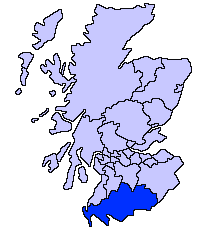
A scheduled monument in Scotland is a nationally important archaeological site or monument which is given legal protection by being placed on a list maintained by Historic Environment Scotland. The aim of scheduling is to preserve the country's most significant sites and monuments as far as possible in the form in which they have been inherited.
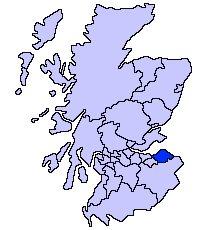
A scheduled monument in Scotland is a nationally important archaeological site or monument which is given legal protection by being placed on a list maintained by Historic Environment Scotland. The aim of scheduling is to preserve the country's most significant sites and monuments as far as possible in the form in which they have been inherited.

A scheduled monument in Scotland is a nationally important archaeological site or monument which is given legal protection by being placed on a list maintained by Historic Environment Scotland. The aim of scheduling is to preserve the country's most significant sites and monuments as far as possible in the form in which they have been inherited.
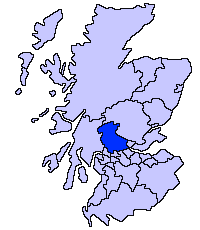
A scheduled monument in Scotland is a nationally important archaeological site or monument which is given legal protection by being placed on a list maintained by Historic Environment Scotland. The aim of scheduling is to preserve the country's most significant sites and monuments as far as possible in the form in which they have been inherited.
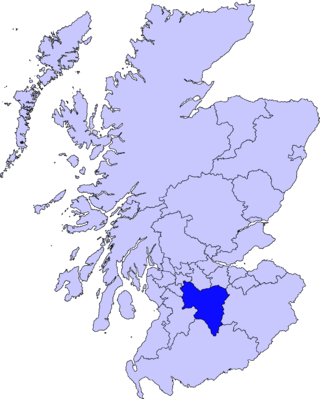
A scheduled monument in Scotland is a nationally important archaeological site or monument which is given legal protection by being placed on a list maintained by Historic Environment Scotland. The aim of scheduling is to preserve the country's most significant sites and monuments as far as possible in the form in which they have been inherited.
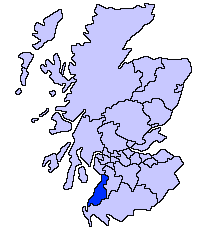
A scheduled monument in Scotland is a nationally important archaeological site or monument which is given legal protection by being placed on a list maintained by Historic Environment Scotland. The aim of scheduling is to preserve the country's most significant sites and monuments as far as possible in the form in which they have been inherited.

A scheduled monument in Scotland is a nationally important archaeological site or monument which is given legal protection by being placed on a list maintained by Historic Environment Scotland. The aim of scheduling is to preserve the country's most significant sites and monuments as far as possible in the form in which they have been inherited.

A scheduled monument in Scotland is a nationally important archaeological site or monument which is given legal protection by being placed on a list maintained by Historic Environment Scotland. The aim of scheduling is to preserve the country's most significant sites and monuments as far as possible in the form in which they have been inherited.

A scheduled monument in Scotland is a nationally important archaeological site or monument which is given legal protection by being placed on a list maintained by Historic Environment Scotland. The aim of scheduling is to preserve the country's most significant sites and monuments as far as possible in the form in which they have been inherited.
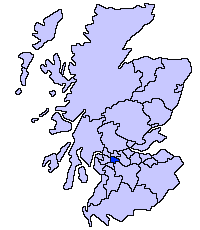
A scheduled monument in Scotland is a nationally important archaeological site or monument which is given legal protection by being placed on a list maintained by Historic Environment Scotland. The aim of scheduling is to preserve the country's most significant sites and monuments as far as possible in the form in which they have been inherited.
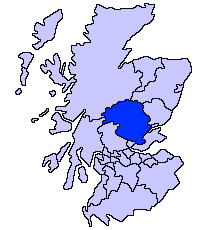
A scheduled monument in Scotland is a nationally important archaeological site or monument which is given legal protection by being placed on a list maintained by Historic Environment Scotland. The aim of scheduling is to preserve the country's most significant sites and monuments as far as possible in the form in which they have been inherited.

A scheduled monument in Scotland is a nationally important archaeological site or monument which is given legal protection by being placed on a list maintained by Historic Environment Scotland. The aim of scheduling is to preserve the country's most significant sites and monuments as far as possible in the form in which they have been inherited.

A scheduled monument in Scotland is a nationally important archaeological site or monument which is given legal protection by being placed on a list maintained by Historic Environment Scotland. The aim of scheduling is to preserve the country's most significant sites and monuments as far as possible in the form in which they have been inherited.
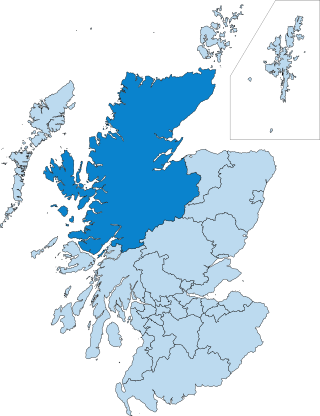
A scheduled monument in Scotland is a nationally important archaeological site or monument which is given legal protection by being placed on a list maintained by Historic Environment Scotland. The aim of scheduling is to preserve the country's most significant sites and monuments as far as possible in the form in which they have been inherited.

A scheduled monument in Scotland is a nationally important archaeological site or monument which is given legal protection by being placed on a list maintained by Historic Environment Scotland. The aim of scheduling is to preserve the country's most significant sites and monuments as far as possible in the form in which they have been inherited.
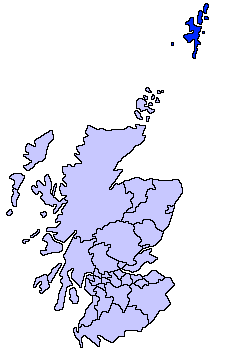
A scheduled monument in Scotland is a nationally important archaeological site or monument which is given legal protection by being placed on a list maintained by Historic Environment Scotland. The aim of scheduling is to preserve the country's most significant sites and monuments as far as possible in the form in which they have been inherited.


























































